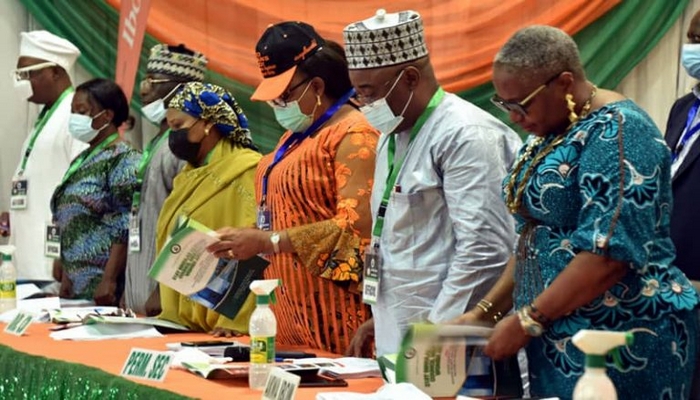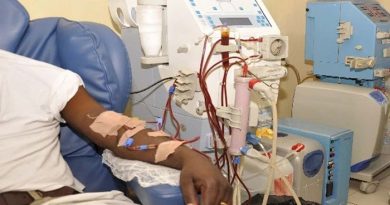Ministry to engage media on SGBV information dissemination at grassroots
The Federal Ministry of Women Affairs (FMWA) says it is planning to collaborate with the media on dissemination of information on Sexual and Gender Based Violence (SGBV) at the grassroots.
Mrs Friya Bulus, Director, Gender Affairs in the ministry, made the disclosure to the News Agency of Nigeria (NAN) on Monday in Uyo, at the sideline of 21st Regular National Council Meeting on Women Affairs.
NAN reports that the council meeting had as its theme: “Gender Equality: A Panacea for Enduring Security and Sustainable Economic Recovery in the Post COVID-19 Era” and is expected to end on Friday, Aug. 27.
Bulus, who said the ministry would soon collaborate with the media, added that the ministry believed the media would facilitate the dissemination of SGBV messages effectively to avert and avoid it at the grassroots.
She noted that the culture of keeping silent on SGBV cases was predominant among the people in local community all in the aim of covering violators to protect their future.
“When a child is violated and the family decides to keep mute about it, this destroys the future of that child; people don’t know that they have right to speak out about this menace.
“They cover violators to protect their future but what about the personal feelings of the victim, we want to partner with the media so that we can bring this issue to the fore.
“We want the media to throw up the issue that victims of SGBV have rights to be protected. If legislation is followed, they can secure justice over the perpetrators,” she told NAN.
Bulus added that one of the policies of the ministry was to name and shame the perpetrators to teach others lesson who might be nursing such intention of violating the rights of people through SGBV.
Also, Mrs Jummai Mohammed, Director, Child Development Department, FMWA, called on states who were yet to domesticate and pass the Child Rights Act to do so in their own interest and for the betterment of the children.
She noted that there were about 10 states in Nigeria that had yet to pass the Act, particularly in the North-East and North-West, adding that the passage of the law in these states was necessary.
“These rights are for privileges, and it also contains what the children are supposed to do for their parents and guardians.
“It is very important that every state have this act,” Mohammed said.
Photo caption:
Dignitaries at the 21st Women Council meeting in Uyo, AKwa Ibom on Monday, Aug. 23, 2021.




